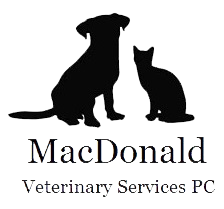Meet our team
Our team members strive to treat pet owners as family! You will experience quality and compassionate care from check in to check out. Meet our team member here!
Emergency service
If you experience and emergency with your pet during regular business hours, please call us at (603) 524-8900. After business hours please get in touch with one of the following emergency services listed on this page.
Petly
View your pet’s health records, appointment reminders, tips and tricks, and more!
Our Mission
Here at MacDonald Veterinary Services, we work together to ensure both you and your pets have a pleasant and welcoming experience. We genuinely care about your pet’s wellbeing, and we strive to give you a clear understanding of your animal’s health care needs at every appointment. Besides happy owners, and healthy pets, our goal is to provide and establish a long lasting doctor-patient-client relationship.
Coming in feels like visiting family.
Seasonal Infomation
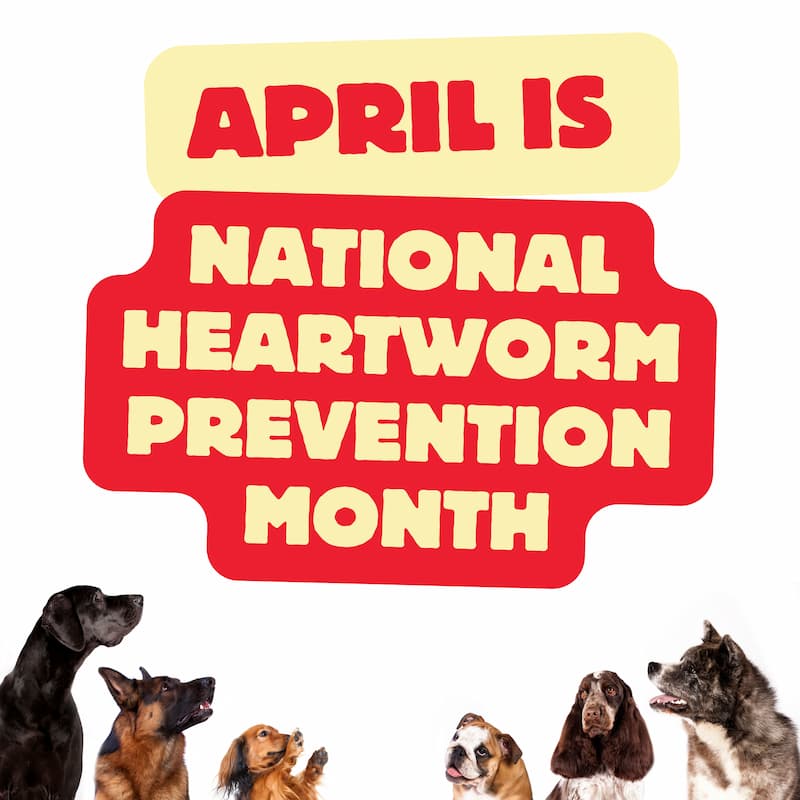
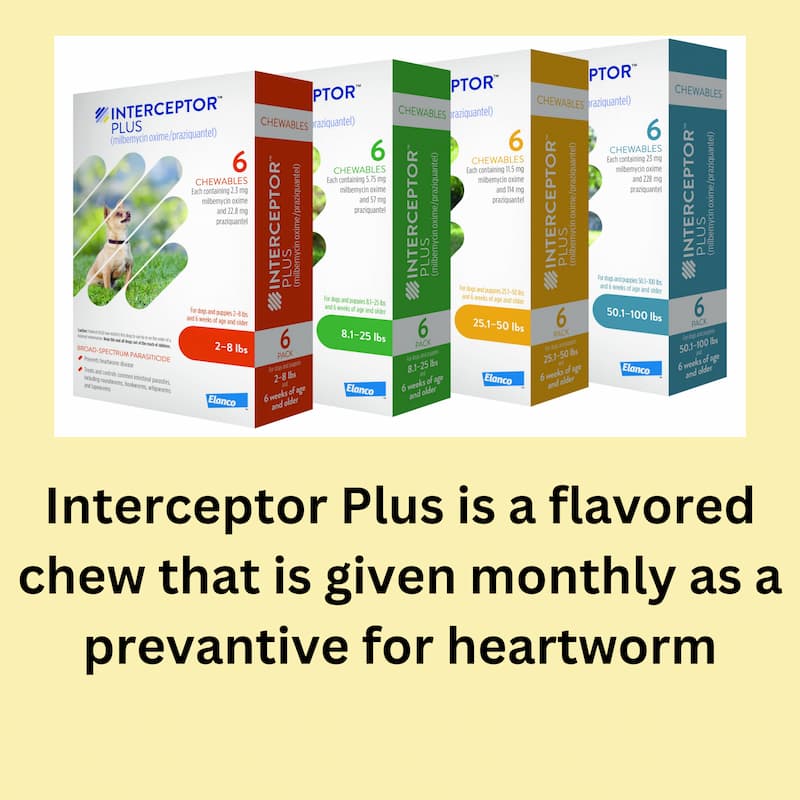
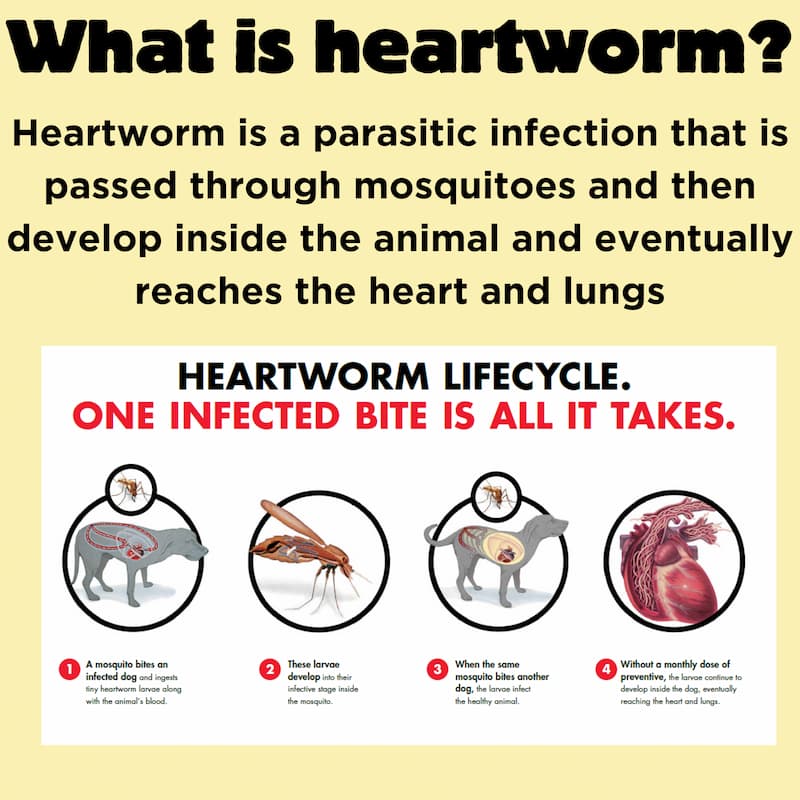
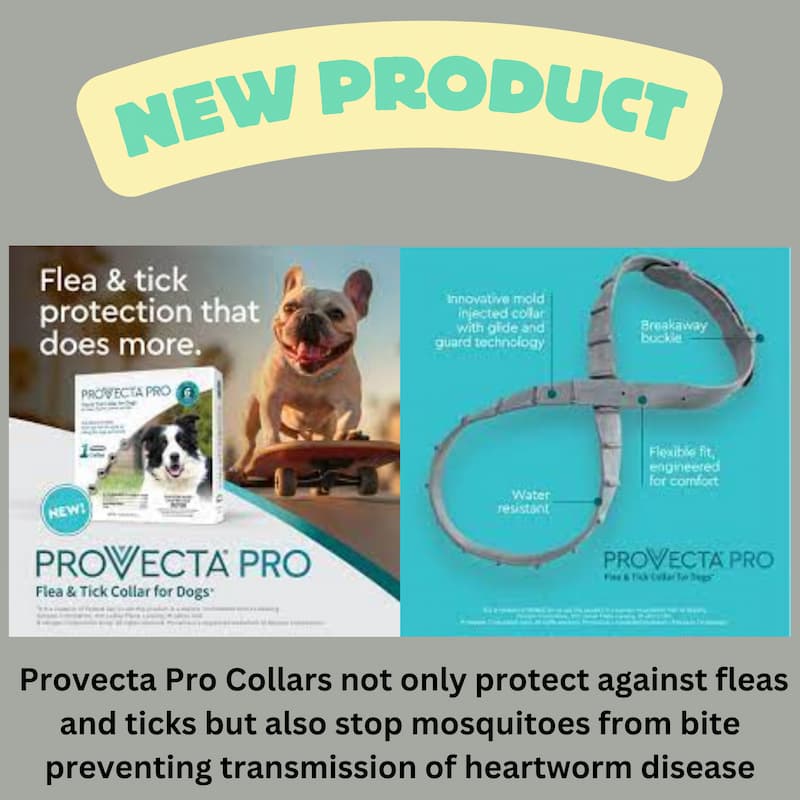
Our Veterinary Services
Pet wellness
Vaccines, preventative medications, and yearly examinations help to keep your pet healthy and happy. Learn more about pet wellness services.
Read more →
Pet surgery
Whether it’s a routine spay or neuter, or something more complex, we take great care to ensure that every surgery is performed correctly and safely.
Read more →
Pet dental
Just like humans, our pets need regular dental care to prevent tooth decay, gum disease, and other problems which can lead to illness in your pet.
Read more →
Ready to schedule your pet's appointment?
Scheduling an appointment with MacDonald Veterinary Services is easy. You can call us or use the online booking form below. We’ll ask you a few questions to help us better understand your pet’s needs and then we’ll find a time that works for both you and your pet.
